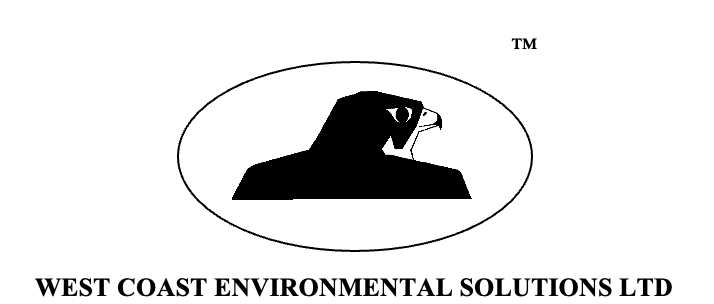Bird Hazards
The spread of highly pathogenic avian influenza from an infected bird to a person, or person to person is a very rare occurrence and when it has happened, it has only spread to a few people. However, because of the possibility that bird flu viruses could change and gain the ability to spread easily between people, monitoring for human infection and person-to-person spread is extremely important for public health especially with the effects of COVID 19 fresh in our minds.
Pest birds can also potentially cause health problems such as respiratory complaints such as pigeon fanciers lung. They also carry a large number of potential pathogens such as E. coli, Salmonella, Chlamydia and Cryptococcosus neoformans (the cause of cryptoccal meningitis) that can be deposited in faeces.
There are 30 known diseases that can be passed fom birds to humans and a further 10 that can be passed to livestock.
Damage to buildings - build up of faeces and dead birds can cause long term damage to buildings and the blocking of pipes and guttering.
Dead birds can fall into work areas and as well as being unpleasant - pose a threat to the health of staff/members of the public.
Build up of faeces as well as being a potential carrier of disease can also make paved areas, ladders and other surfaces slippery and potentially dangerous.
Bird nests can cause fire hazards and damage to buildings and/or machinery as many species will build a nest wherever there is a space.
West Coast Enviro are able to offer a full risk assessment to determine the best methods of control and advice on the best ‘Bird Control Programme’ to suit your needs.
